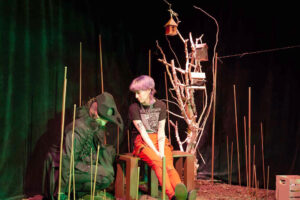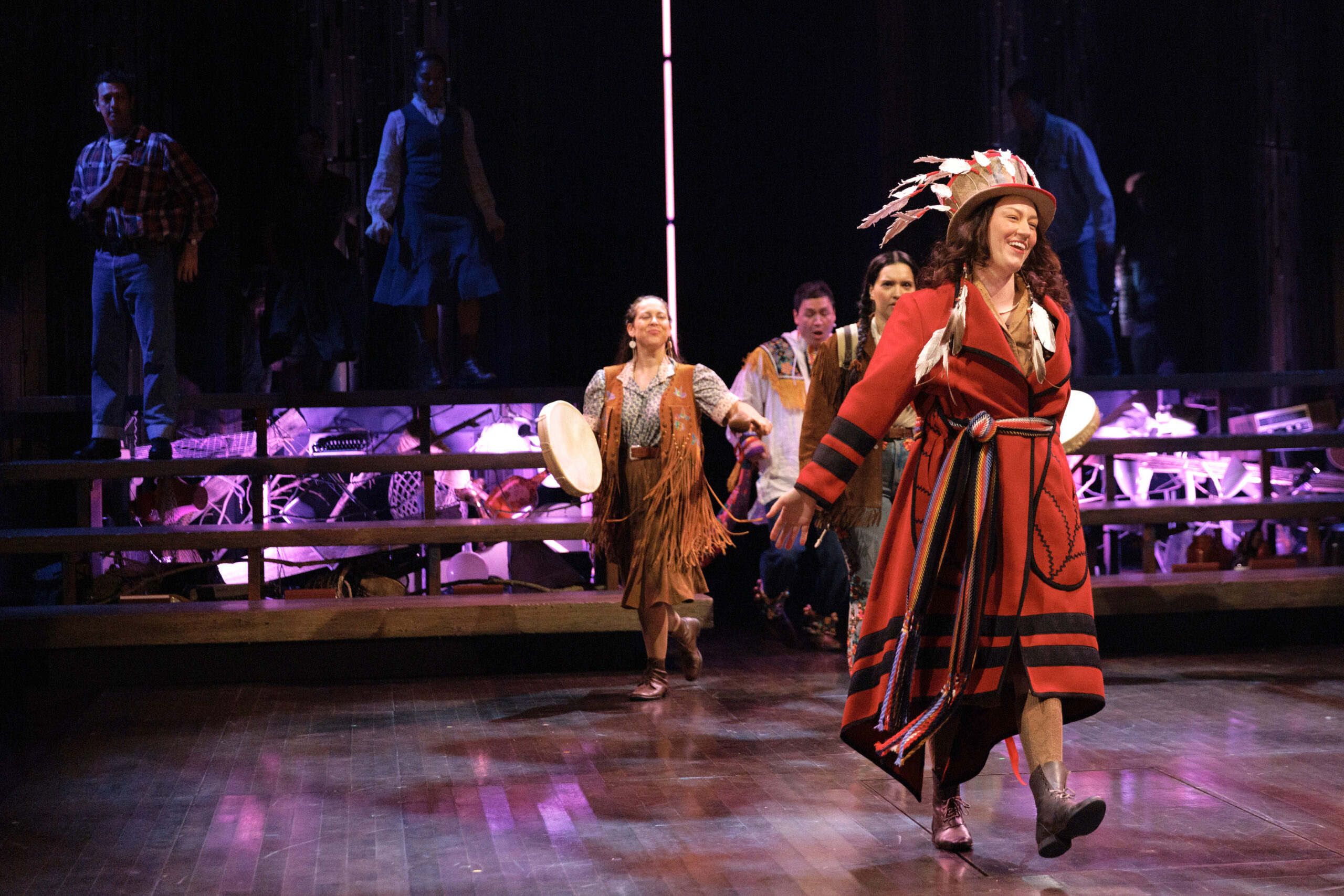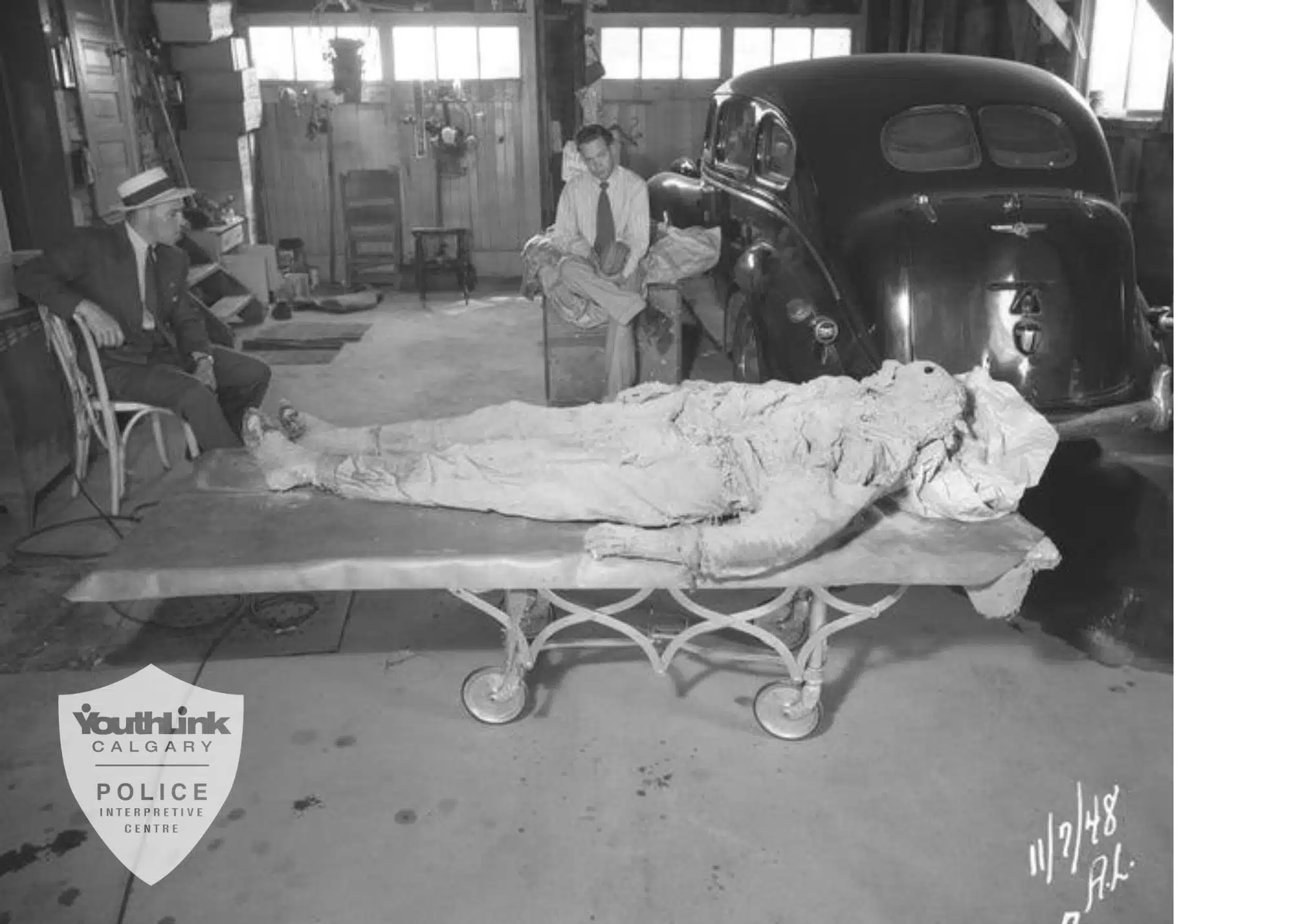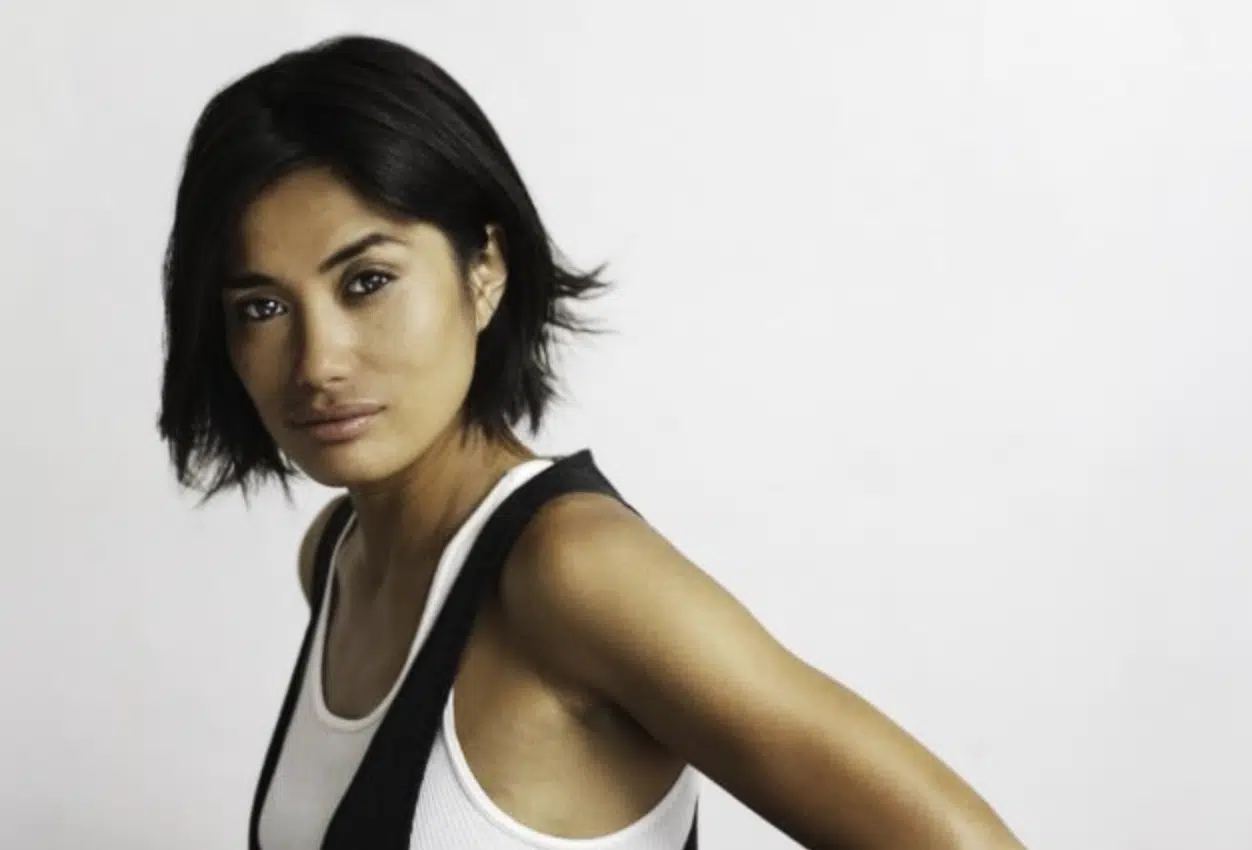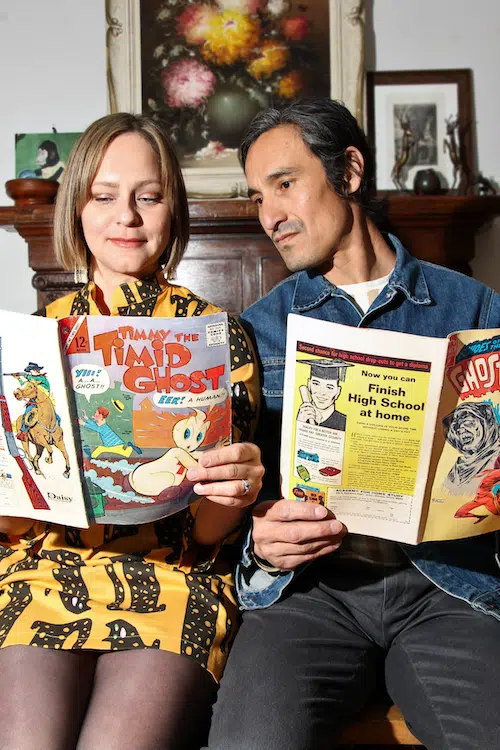Everything is getting worse for (almost) everybody, all the time. Nurturing a creative process can be really difficult under these circumstances. I say that with seriousness and compassion. It’s discouraging. If you’re trans, if you’re racialized, if you want an end to the genocide in Palestine — or even just to have the institutions we rely on in our industries to divest — hope is in short supply.
Not trying to be a bummer, I promise. These are real feelings, ones I’ve had and discussed at length with my artistic community. I am a queer Métis playwright and director, and I have noticed the toll the rightward swing of our political system at all levels is taking on my kin.
And me. It’s taking a toll on me.
But it’s not really about me, is it?
Because I don’t walk alone; none of us do. Each of us has a lineage, a winding trail of ancestors who live in our bodies, in our blood. Back and back and back, way back to time immemorial. Ancestors who prayed for us. Who prayed for this for us, that we be creative people, that we follow our path in life, even if (and especially when) it’s hard.
I have pictures of some of them on my wall. I try to live up to them. My mother left us to be with them about two and a half years ago, and my grandmother back in 2018. It’s easy to feel like they are gone. And they are and they aren’t. I can’t reach them as easily. But they lived long enough for me to see how hard they worked to make things a little better, sometimes against impossible circumstances.
There’s the ancient Greek poet Sappho, who left us with so much proof that queerness, however the scholars and historians may describe it, is a beautiful and tender thing, as part of the land as anyone else. The fragments of her poems that remain from well over a thousand years ago read to me like little prayers, little wishes for a good life.
Remember that we have people with us here and now, too. Friends and colleagues who are maybe a little older — maybe only 10 years — who have impacted our creative processes even more than we even know. Who set the example for us to work every day to progress towards a just future? Who forgives us when we fall short of our ancestors’ lofty hopes and prayers?
At the risk of sounding braggy, I‘ve found a sweet little cohort of mentors and colleagues here in Calgary that help make it all worthwhile. They speak up against injustice and are generous with their time, especially with emerging artists. In programming or creating, the work is about giving voice to the struggle.
Artists like Tara Beagan and Andy Moro, the powerhouse artists behind production company Article 11, which takes its name from the United Nations Declaration on the Rights of Indigenous Peoples: “Indigenous peoples have the right to practise and revitalize their cultural traditions and customs.”
I think of Inside Out Theatre. They, with Col Cseke at the helm, empower the deaf, disabled, and mad arts community to take up space with a bold new performance venue just down the block from Modern Love.
And there are people like Michelle Thrush, whose artistic practice I’ve been lucky to witness firsthand. She embodies the artist/activist duality seamlessly. She has acting credits in Hollywood blockbusters, but she’s just as likely to be bringing her solo clown show to little kids on the rez. It’s easy to forget it all started at Bowness High School. [Ed. Note: catch Thrush in Do Us Part at CIFF this year!]
It takes discipline to incorporate an ethic of solidarity into our artistic practice. There’s no right or wrong way, no guidebook. No instruction manual for assembling your perfect piece. There’s only the glare of the blank Google Doc blasting blue light so strong it threatens to obscure our vision. That’s how it feels for me, anyway.
Don’t be afraid of that feeling — accept it. Make your creative offering with humility front and centre. So what if my piece of art doesn’t change the world and bring the hammer of justice down? I have to remember — it’s not about me.
Remember: you don’t walk alone.
Caleigh Crow is a queer Métis theatre artist who was the 2024 laureate of the Governor General’s Literary Award for Drama.
